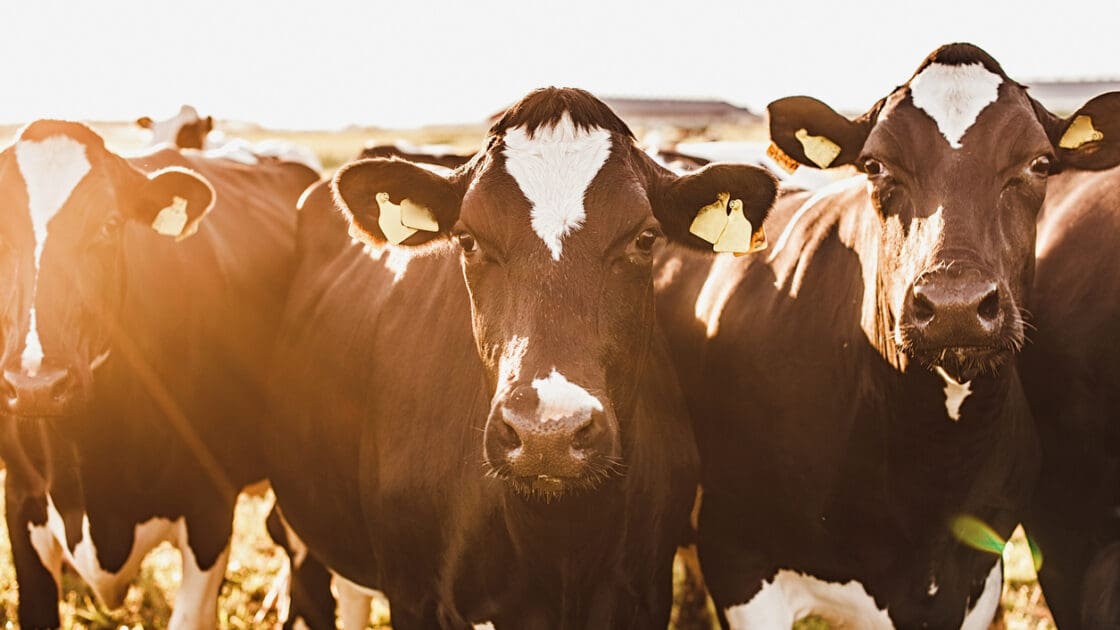60% of Global Biodiversity Loss Linked to Meat Consumption

Land used for livestock production – specifically the crops grown for animal feed (soy, corn, etc) — is causing significant loss of global biodiversity, says a new report from the World Wildlife Fund.
According to the report, entitled “Appetite for Destruction,” 60 percent of all biodiversity loss across the planet can be traced back to livestock production.
“The world is consuming more animal protein than it needs and this is having a devastating effect on wildlife,” Duncan Williamson, WWF food policy manager, told the Guardian.
“We know a lot of people are aware that a meat-based diet has an impact on water and land, as well as causing greenhouse gas emissions, but few know the biggest issue of all comes from the crop-based feed the animals eat.”
Soybeans, which are high in protein and serve a crucial role in conventional livestock feed, are being farmed in regions like the Amazon, Congo Basin, Yangtze, and the Himalayan forests, that are already struggling with land and water management.
“Many of these high-risk regions already suffer significant pressure on land and water resources, are not adequately covered by conservation schemes,” the report notes. “The growing demand for livestock products and the associated intensification and agricultural expansion threaten the biodiversity of these areas and the resource and water security of their inhabitants, as well as the stability of our food supply.”
The report highlights a six-point set of “Livewell” principles that include reducing meat intake, eating more and a wider variety of plants, create less food waste, support sustainable food growers, and reduce consumption of foods high in sugar, salt, and fat to have a positive impact on the planet and reduce some of the loss caused by meat production.
“For people and nature to thrive we need to consume and produce food differently. If we just stuck to the nutritionally recommended amount of protein, rather than overconsuming, an area 1.5 times the size of the European Union would be saved from agricultural production,” Williamson said. “Eating less animal protein would allow us to farm in a more sustainable way, with less impact on the environment and healthier and more nutritious food.”
Find Jill on Twitter and Instagram
Related on Organic Authority
Fast, Cheap Meat is Ushering in the Anthropocene, Scientists Warn
Antibiotics in Asian Livestock Industry Pose Global Health Crisis, Warns New Report
A Mushroom a Day Keeps the Doctor Away: New Culinary Guide from the Original Funguy

